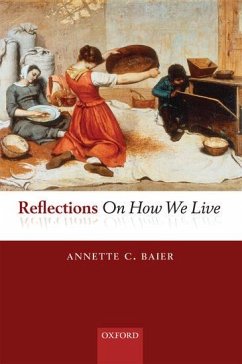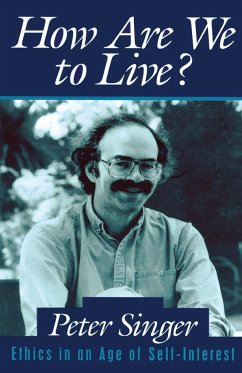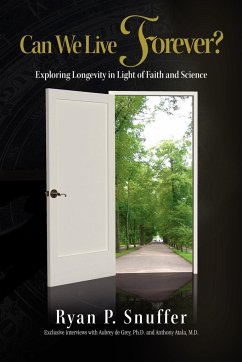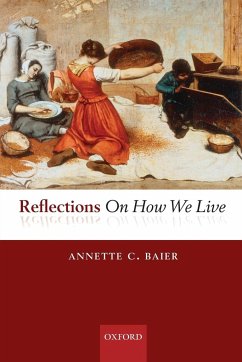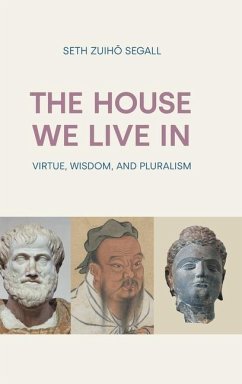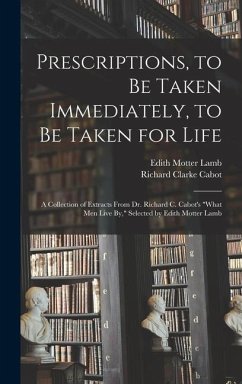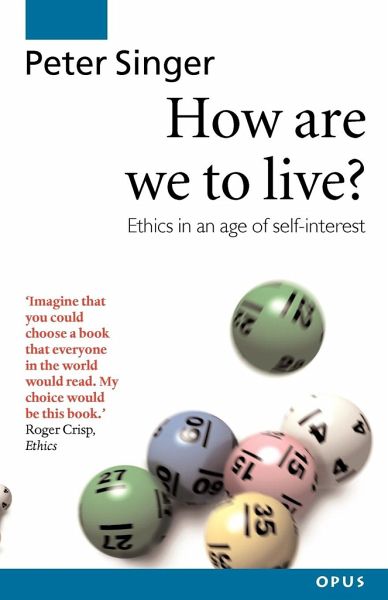
How Are We to Live?
Ethics in an Age of Self-Interest
Versandkostenfrei!
Versandfertig in 1-2 Wochen
46,99 €
inkl. MwSt.
Weitere Ausgaben:

PAYBACK Punkte
23 °P sammeln!
Many people have an uneasy feeling that they may be missing out on something basic that would give their lives a significance it currently lacks. But how should we live? What is there to stop us behaving selfishly? In a highly readable account which makes reference to a wide variety of sources and everyday issues, Peter Singer suggests that the conventional pursuit of self-interest is individually and collectively self-defeating. Taking into consideration the beliefsof Jesus, Kant, Rousseau, and Adam Smith amongst others, he looks at a number of different cultures, including America, Japan, an...
Many people have an uneasy feeling that they may be missing out on something basic that would give their lives a significance it currently lacks. But how should we live? What is there to stop us behaving selfishly? In a highly readable account which makes reference to a wide variety of sources and everyday issues, Peter Singer suggests that the conventional pursuit of self-interest is individually and collectively self-defeating. Taking into consideration the beliefsof Jesus, Kant, Rousseau, and Adam Smith amongst others, he looks at a number of different cultures, including America, Japan, and the Aborigines, to assess whether or not selfishness is in our genes and how we may find greater satisfaction in an ethical lifestyle.





